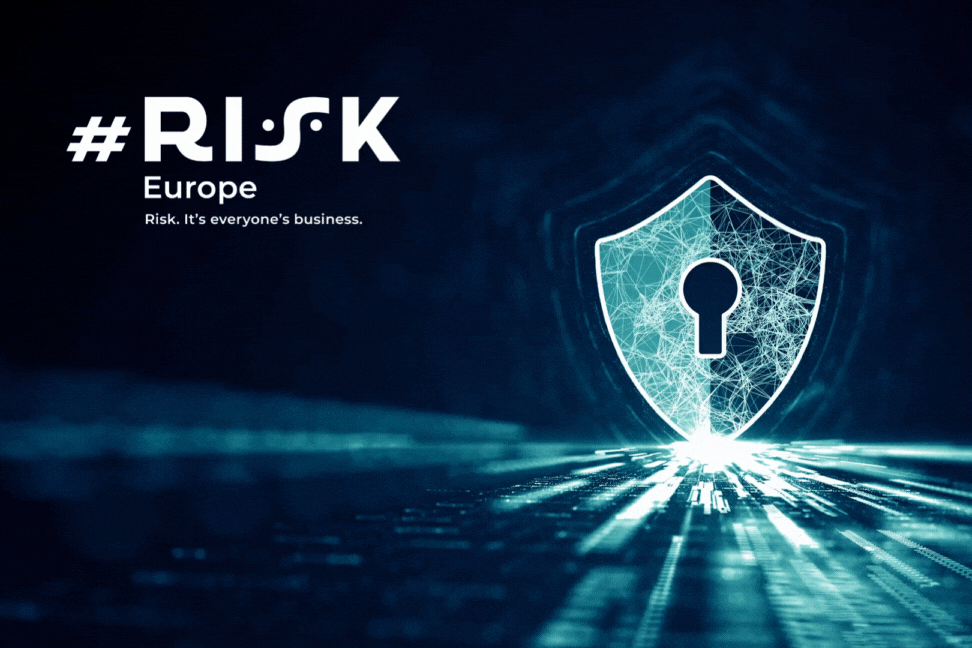Research reveals that the Netherlands is the most vulnerable European country to cybercrime.
Over the recent years the severity of cyber-breaches has become more intense, subsequently security experts at Specops Software have conducted research to identify Europe’s most “cyber-insecure” country.
Specops Software discovered that the Netherlands is the most vulnerable European country, holding the highest rate of cybercrime. This can be explained due to the large number of cloud provider incoming attacks (16.28%) to Microsoft Azure accounts in their country.
Bulgaria is the second most vulnerable European country, experiencing 17.55% incoming cloud attacks/encounters, followed by Belarus (10.83%), Ukraine (10.35%) and Bosnia (7.06%). The UK ranks 17th, according to the study.
Ireland ranks as the most cyber secure and least vulnerable European country, having the lowest cybercrime encounter rate in every category expert cloud provider attacks, where it experienced 0.36% incoming attacks.
Norway is the second most cyber secure country, followed by Denmark, Switzerland, and Iceland.
In regards to cryptocurrency encounters, on average Belarus has the highest number of cryptocurrency mining encounters every month, with 0.42% of machines recording the issue. Belarus was found to have the most malware encounters in Europe.
Aimée Ravacon from Specops Software has recommended three steps to reduce the risk of cyber attacks:
1. Stop re-using passwords. When you reuse your passwords, you are opening yourself up to cyber-crime since attackers use your login information from one site to target another site.
- Use multi-factor authentication. Many online services now offer multi-factor authentication, but too few people are taking advantage of this extra security layer. This simple step just takes a minute but can protect you from falling victim.
- Don’t click on strange links. Phishing emails are designed to look real and can even appear to come from people you know. But clicking on links in a phishing email can open a backdoor for an attacker.













No comments yet